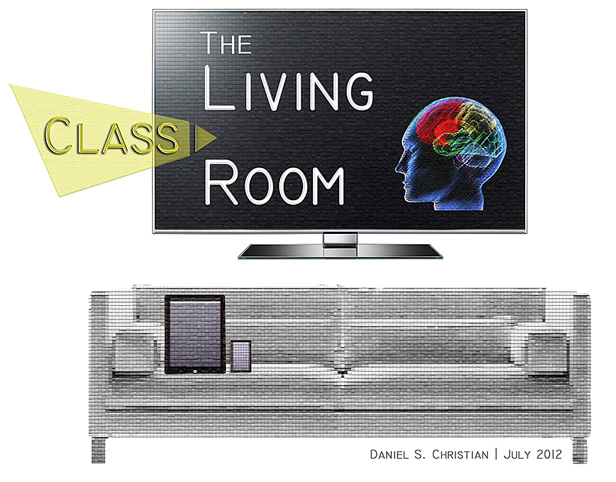Student debt is over $1.6 trillion and hardly anyone is paying down their loans — from cnbc.comby Jeff Cox; with a shout out to Ryan Craig’s Gap Letter for this resource and the resource mentioned below
Excerpts:
- Student loan debt totals more than $1.6 trillion and is not shrinking as few borrowers have reduced their balances, according to Moody’s.
- High student loan balances are having multiple negative economic effects, such as restricting household formation, Moody’s said.
- Outstanding loans total more than $1.6 trillion, more than doubling over the last decade and tripling since 2006.
- In the meantime, the burden of student loans continues to be felt with an 11% default rate that is the highest of any debt category. Education also is now second only to mortgages as the highest form of debt for all Americans.
Also see:
- Survey: Student loan debt is a key factor for Gen Z when making career decisions — from prnewswire.com
Gen Z’s concern over student loan debt drives them to prioritize finances over passion when making career choices









